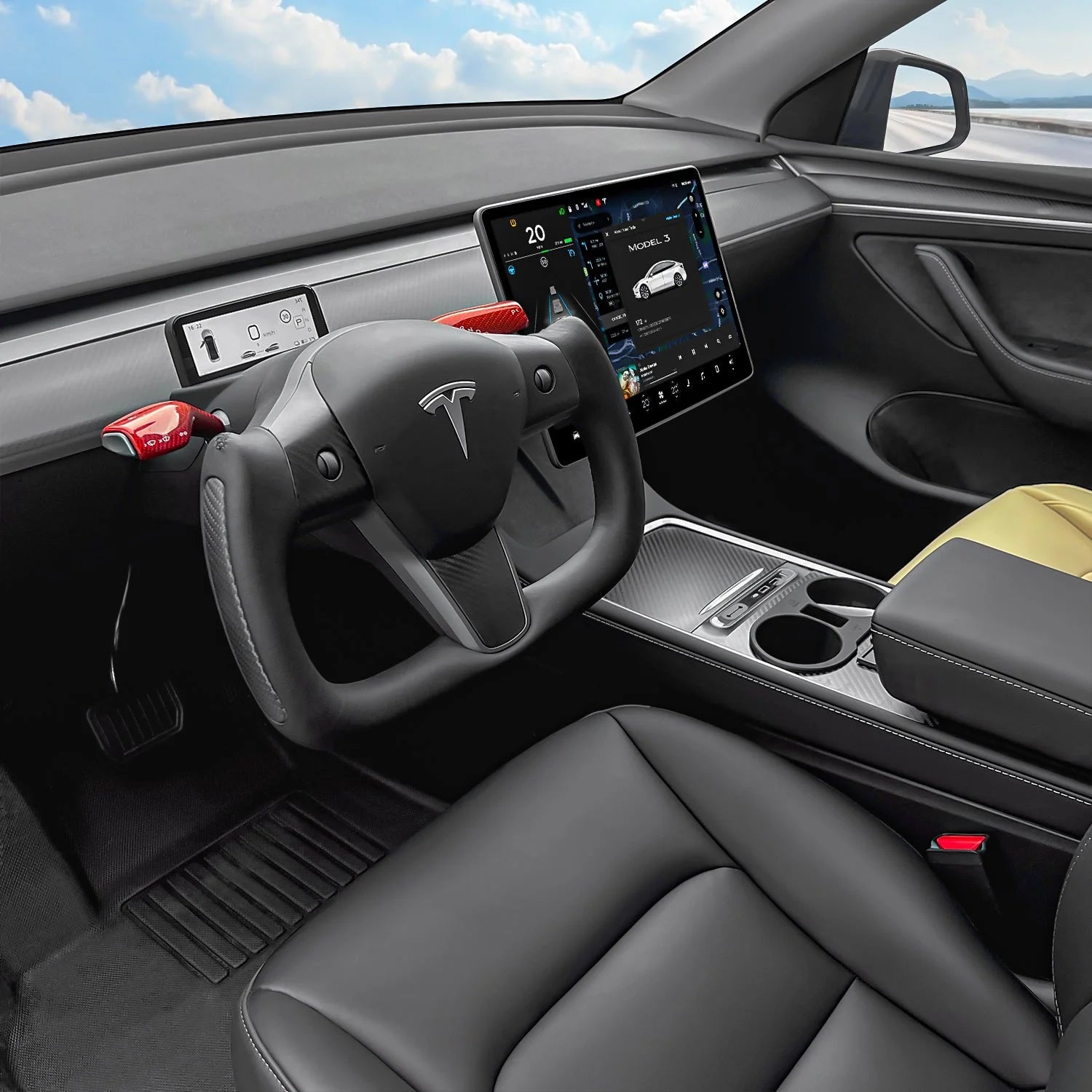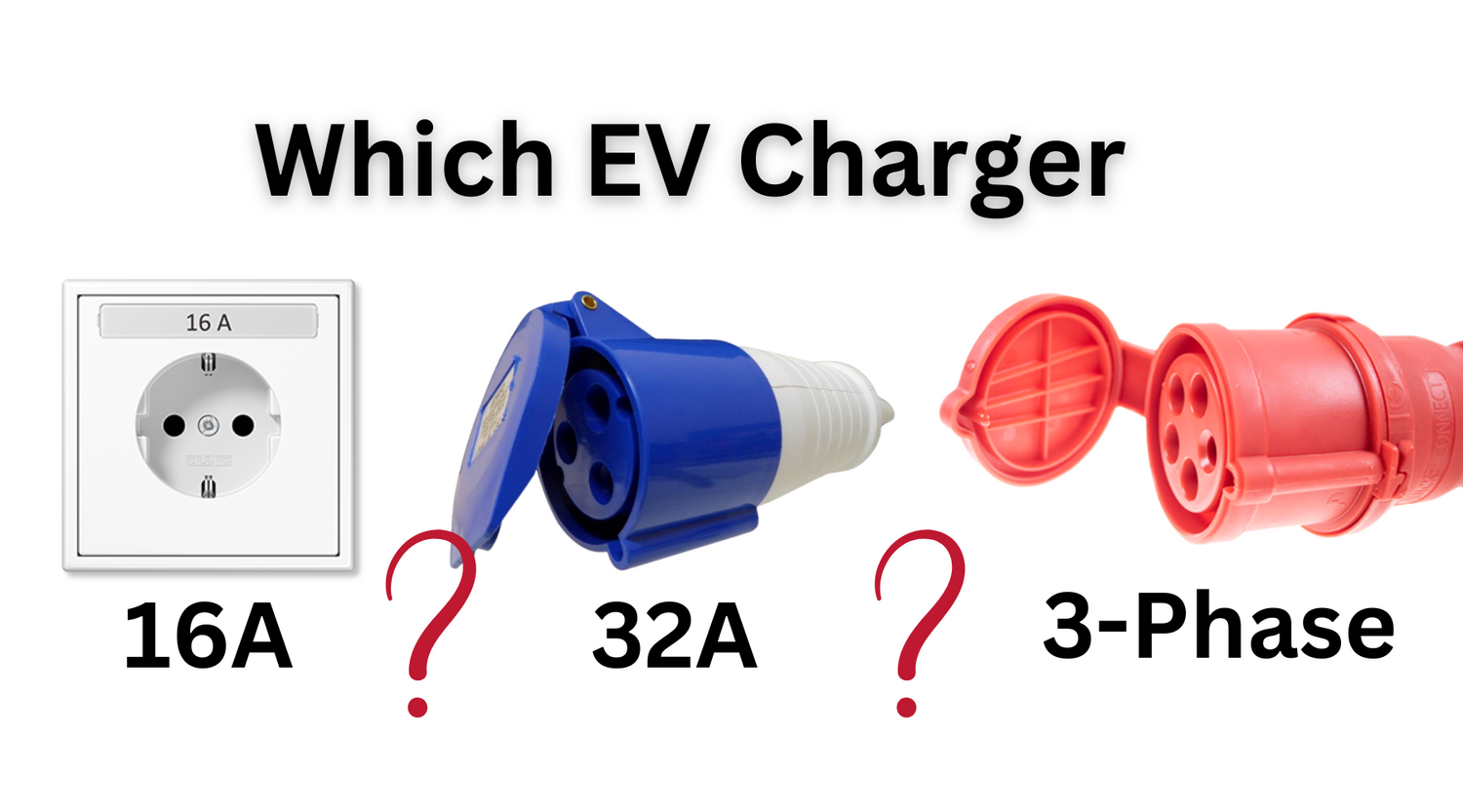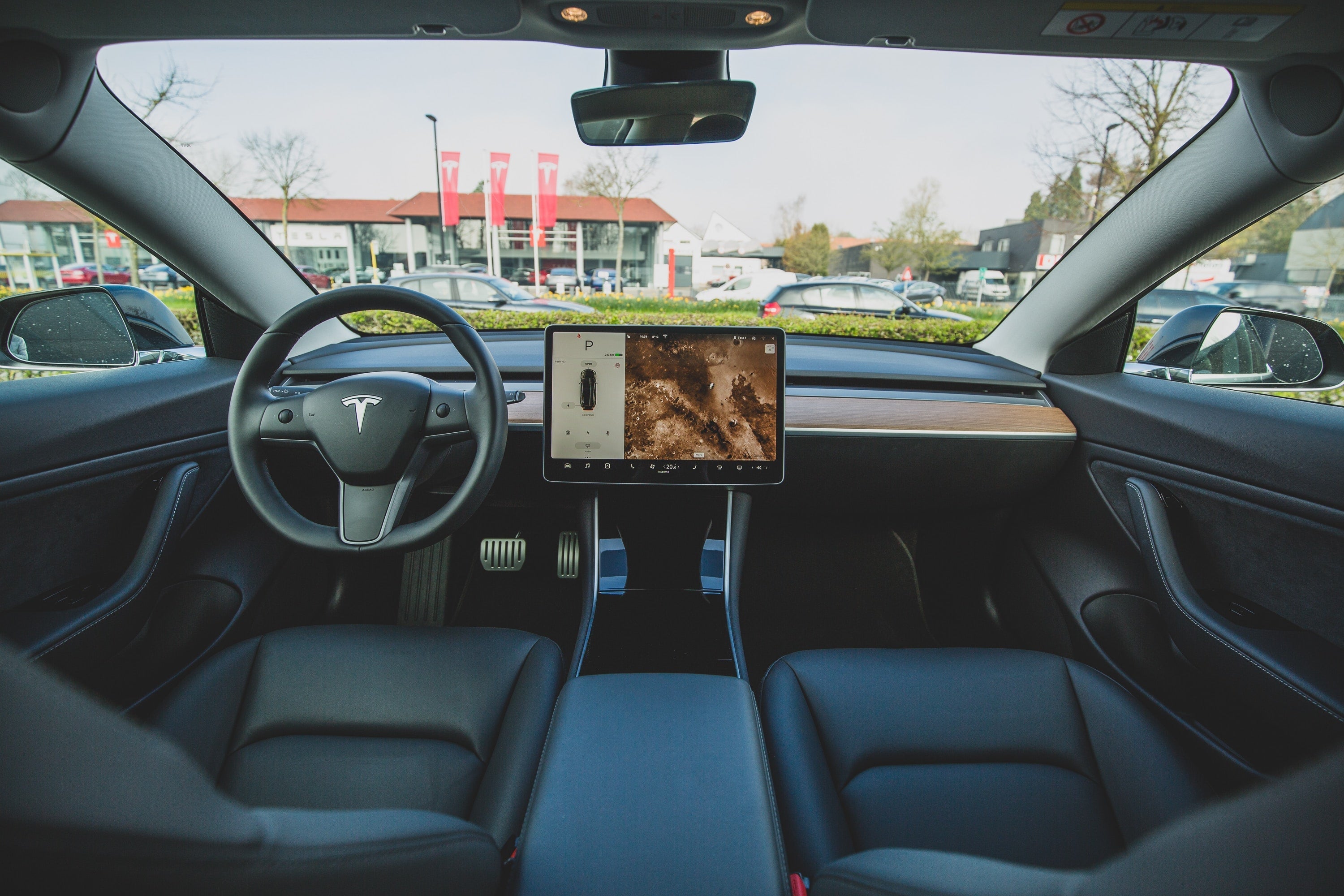This topic might seem quite complicated but in reality, there are just 2 main factors you should consider while choosing a charger for your electric vehicle.
Factor 1: What is your electrical installation? (single-phase/3-phase)
First, you should know where you will be charging your car and what type of electrical system this location has (have in mind that most of the electrical systems are subject to upgrade). All households in the EU (except Ireland) should have a standard Schuko socket (2-pin) at home or in their garage.

Depending on the country you live in, the Schuko socket supports currents of up to 16A (which is 3.6kW). Have in mind that not all Schuko sockets can withstand 16A, you must consult your electrician in advance! This is the reason why our Schuko 3.6kW EV Charger has an adjustable current setting (6A to 16A, 1.4kW to 3.6kW). All Schuko sockets should be able to withstand 10A for long-term use (2.3kW). This is considered slow charging but many people choose it as they already have a Schuko socket in their garage. All of the portable chargers we offer are “Plug & Play”. All you need to do is plug the charger into the electricity socket.
Factor 2: What is the capacity of your battery and how long does it take to charge?
Now comes the second factor you should consider- what is the capacity of your car’s battery and how long will it charge? One of the best-selling electric vehicles for 2022 was Fiat 500e with a 24kW battery. This is considered to be a small battery and therefore it does not need a lot of time to charge. If you use the standard Schuko Charger (3.6kW) the Fiat 500e will be fully charged in 7 hours (charging data taken from ev-database). This is suitable for most people as they leave their cars charging during the night (some countries have a cheaper night electricity tariff which is around 8 hours, from 11 pm to 7 am). Unfortunately, a larger battery will not be fully charged overnight with the 3.6kW Charger. Tesla Model Y Long Range has a 75kW battery and it will take 24 hours to do 0-100%. This is when customers start considering more powerful charging options that usually require additional installation. One option they have is to use a more powerful single-phase charger. The 32A Single-Phase Charger has an output of 7kW. Many people resort to this option as they do not have access to 3-phase electricity and it is fast enough to serve their needs. To use the 32A 7kW Charger you need to have a 3-Pin CEE socket (please consider the services of a professional if installation is required).

This is one of the best-selling chargers as it is fast enough to charge a medium-sized battery overnight. Tesla Model 3 Standard Range has a 57.5kW battery and will be fully charged in 9 hours This is also the maximum AC charging speed of some EVs. For example, my Fiat 500e (the old 2017 version) has a 6.6kW on-board charger and therefore I do not need a faster charger. Other examples are Dacia Spring (6.6kW Max AC), Smart EQ fortwo (4.6kW Max AC, available with 22kW on-board charger), VW e-up 32kW (3.6kW Max AC), Nissan Leaf (6.6kW Max AC) and other electric cars in the budget segment.
The third option EV owners have is a 3-phase charging solution. This is certainly the fastest way to charge your car at home but you need to have access to 3-phase electricity (please consult with a professional). We have two options for the 3-phase chargers- 11kW and 22kW. We will use the Skoda Enyaq iV 80 as an example of how important it is to have a powerful charger when you have a large battery. If you use the regular Schuko charger it will take 24h to fully charge while the 11kW 3-phase charger will do 0-100% in 8 hours (suitable for night electricity tariff charging). Most electric cars have an 11kW onboard charger, therefore a 22kW charger would not make sense. Despite that, there are a few models which can take up to 22kW AC which are Renault Zoe, Smart EQ fortwo (with optional on-board charger), Porsche Taycan (optional), Audi e-Tron (optional), and a few others. Renault Zoe with 52kW battery will be fully charged in just 3 hours, impressive for home charging, right?
To sum up, there are 4 main charging speeds you can consider- 3.6kW, 7kW, 11kW, and 22kW. The 3.6kW charger can be used without any additional installations, just plug it into your household socket. The other single-phase option is 7kW. You will need a 3-Pin CEE socket to use it (every electrician can install it). The other two options require 3-phase electricity and the installation of a 5-Pin CEE socket.

Of course, they are much faster.
I hope this article clears things up. If any further questions arise don’t hesitate to contact us through this page.




